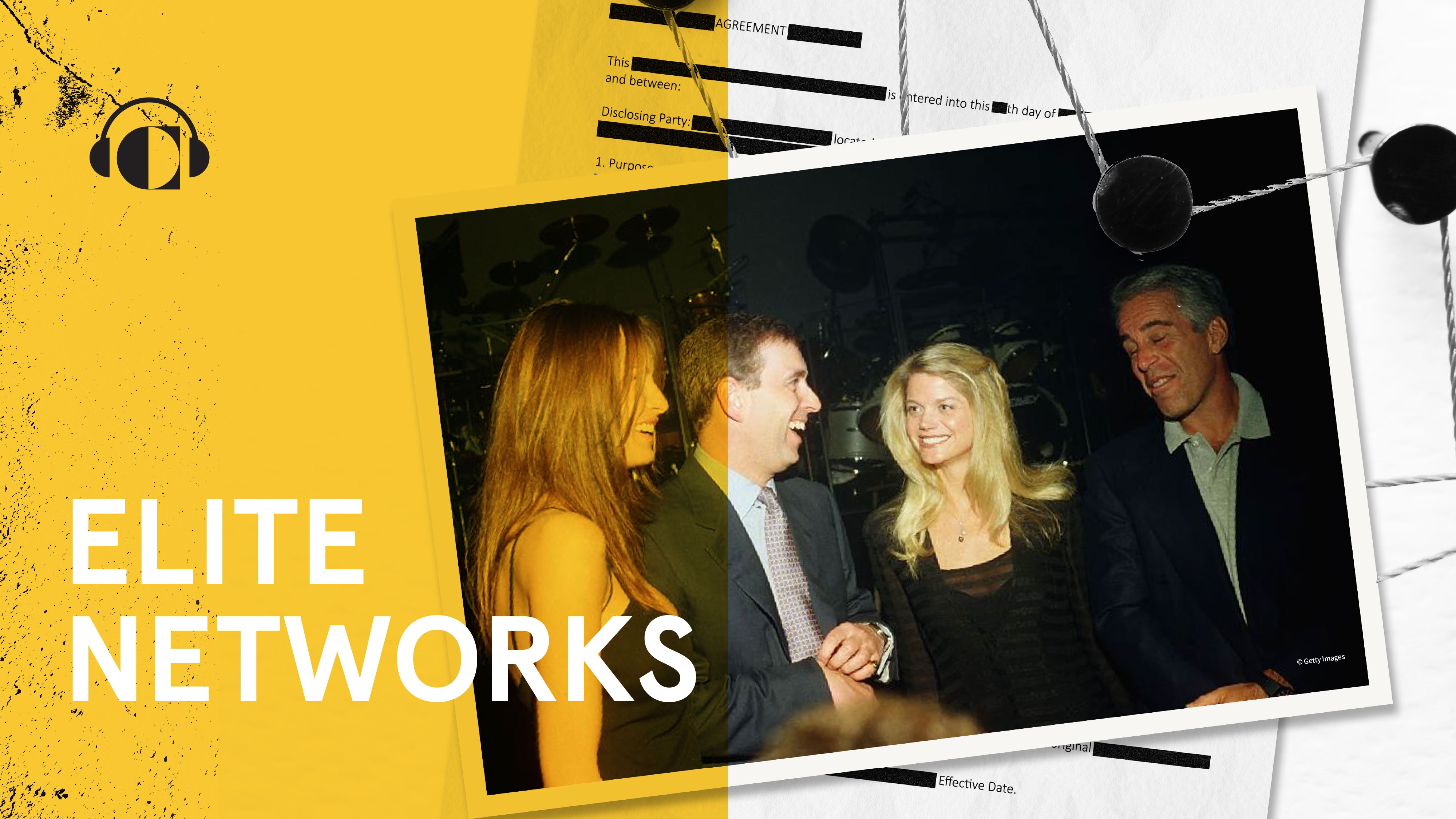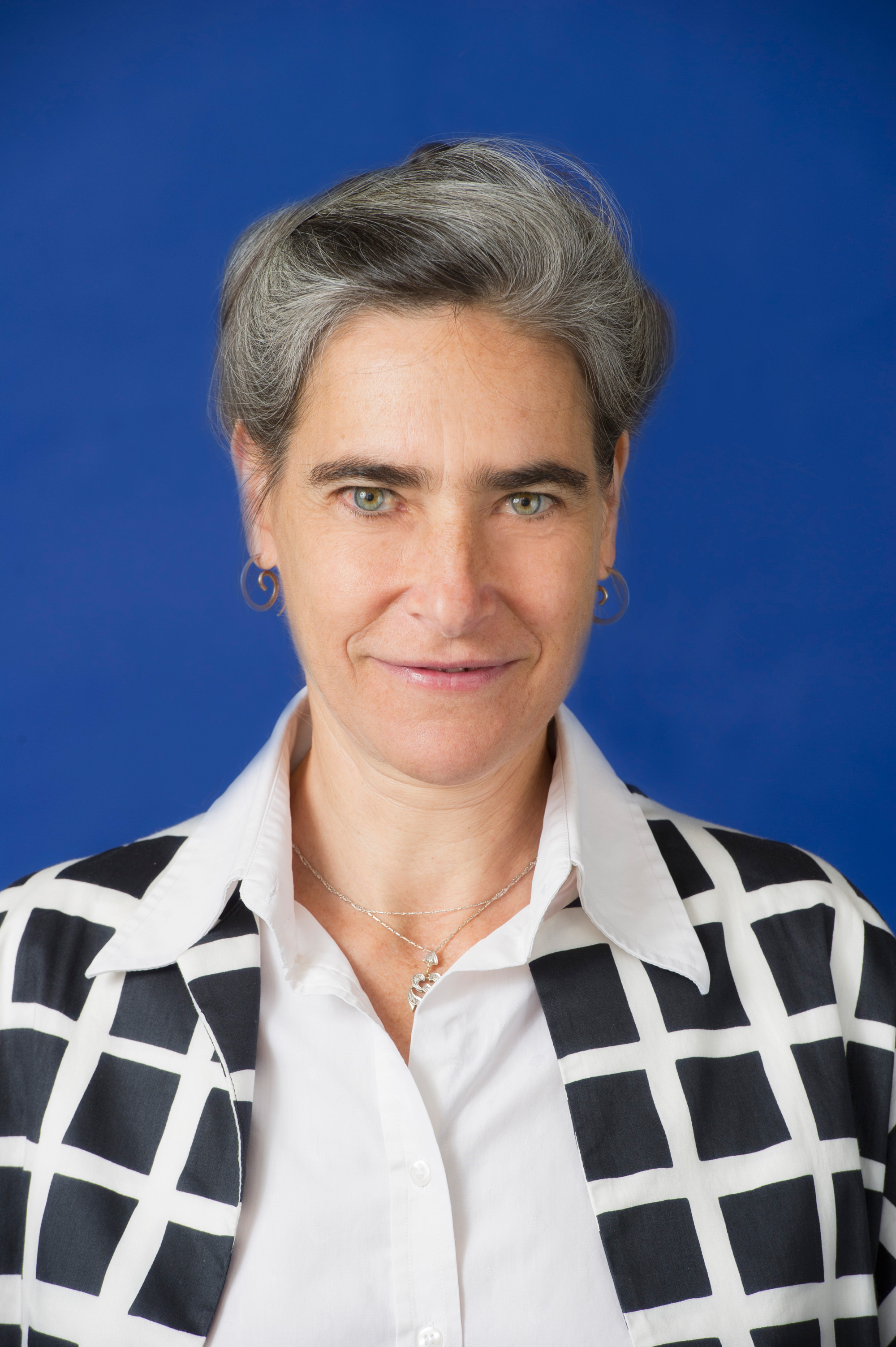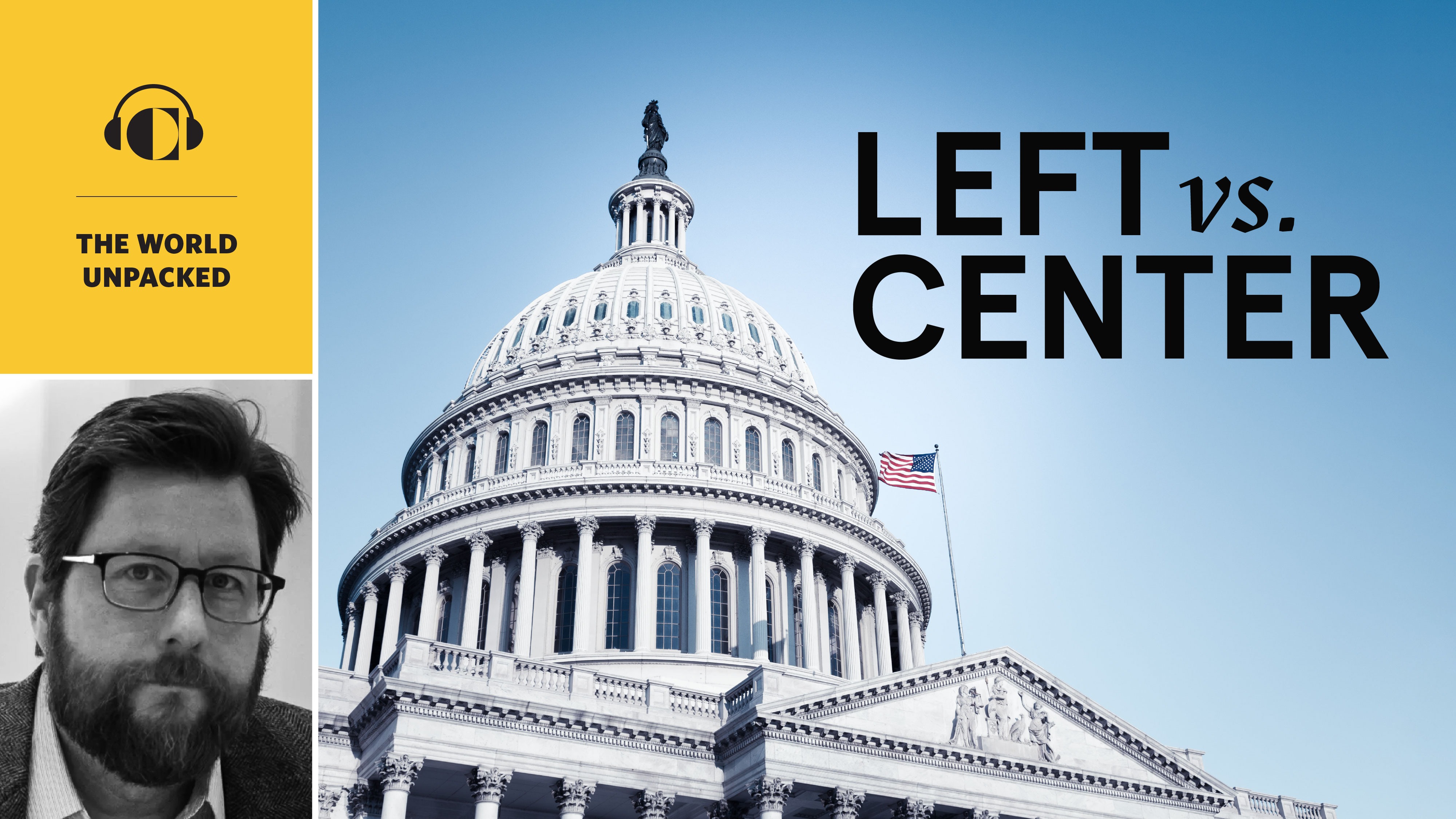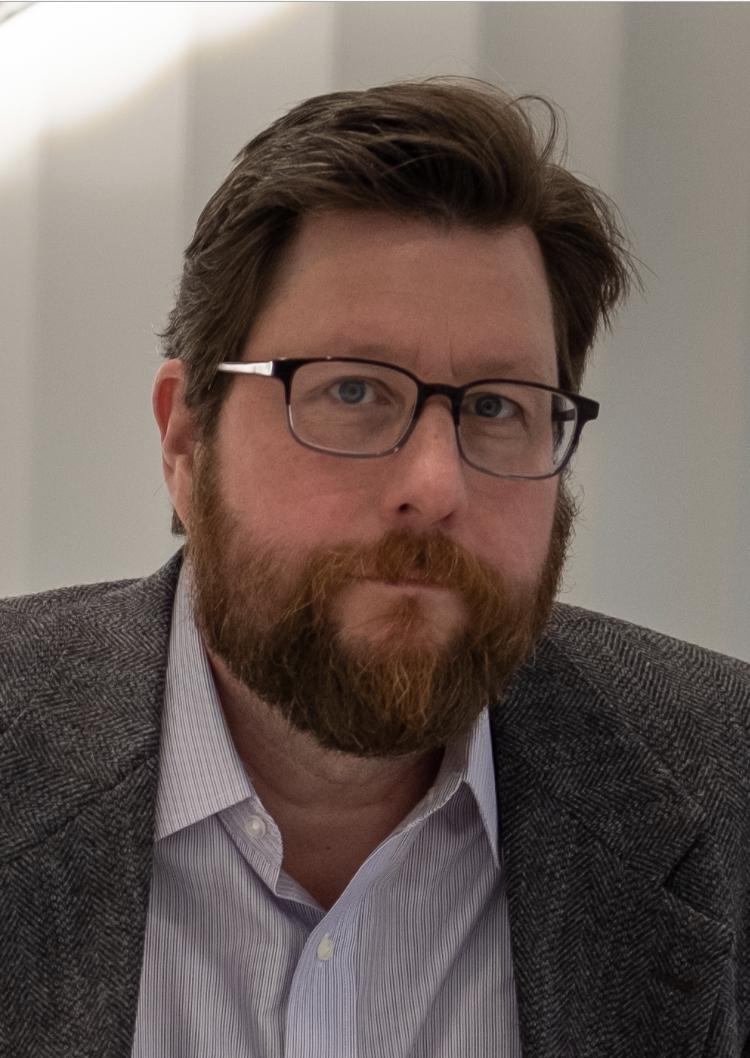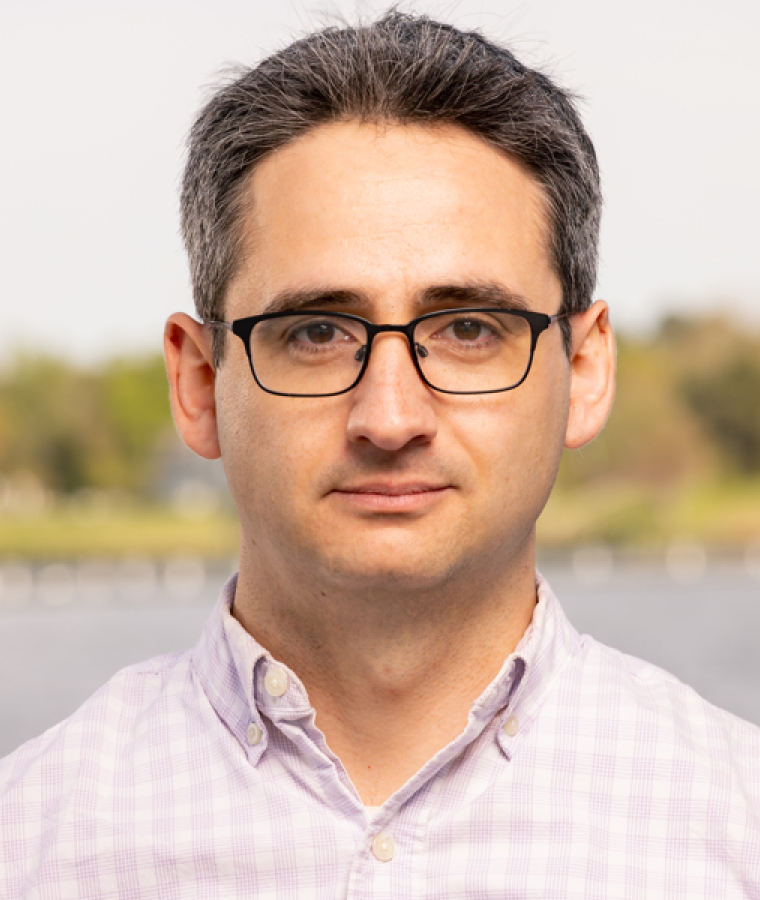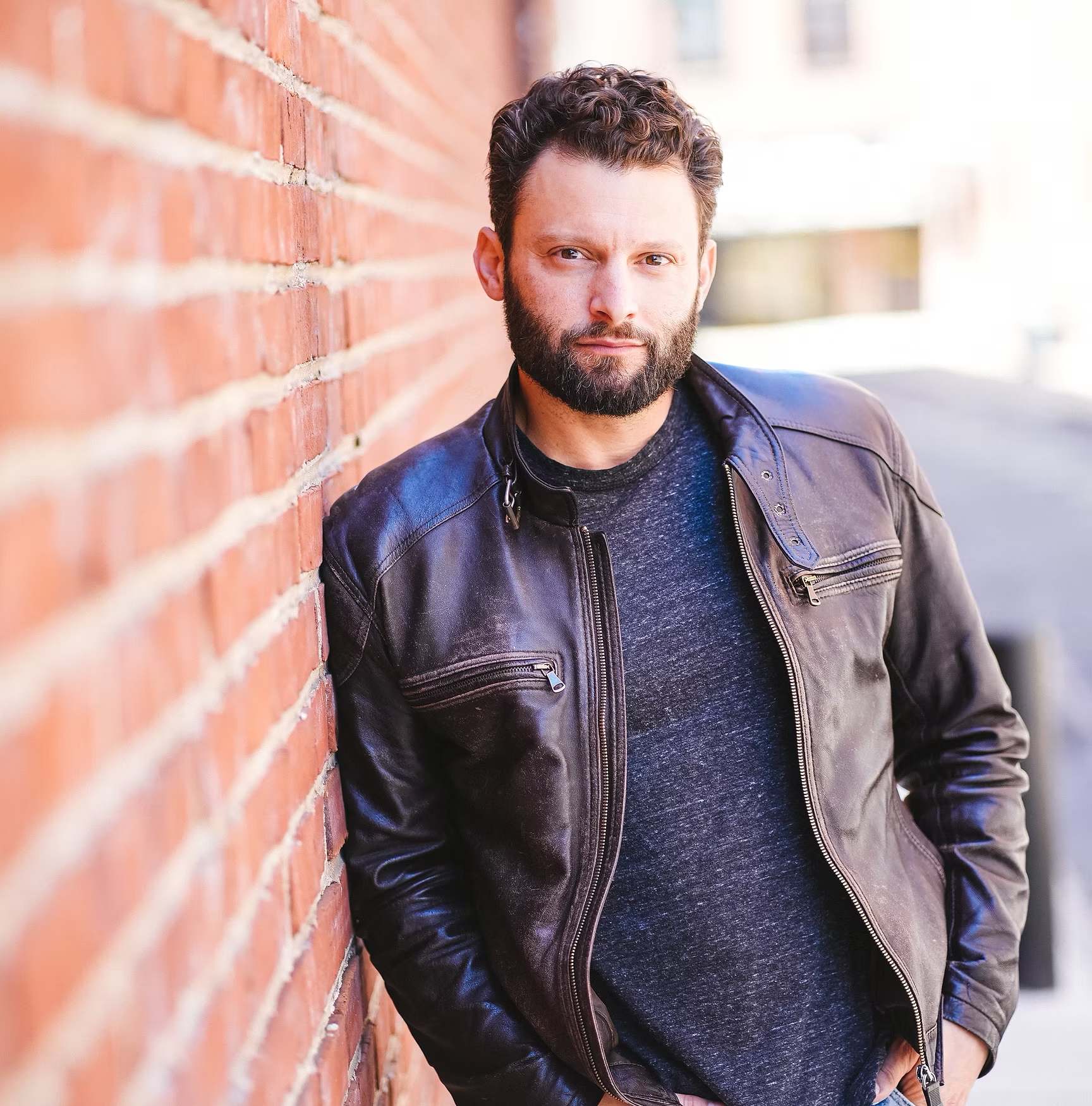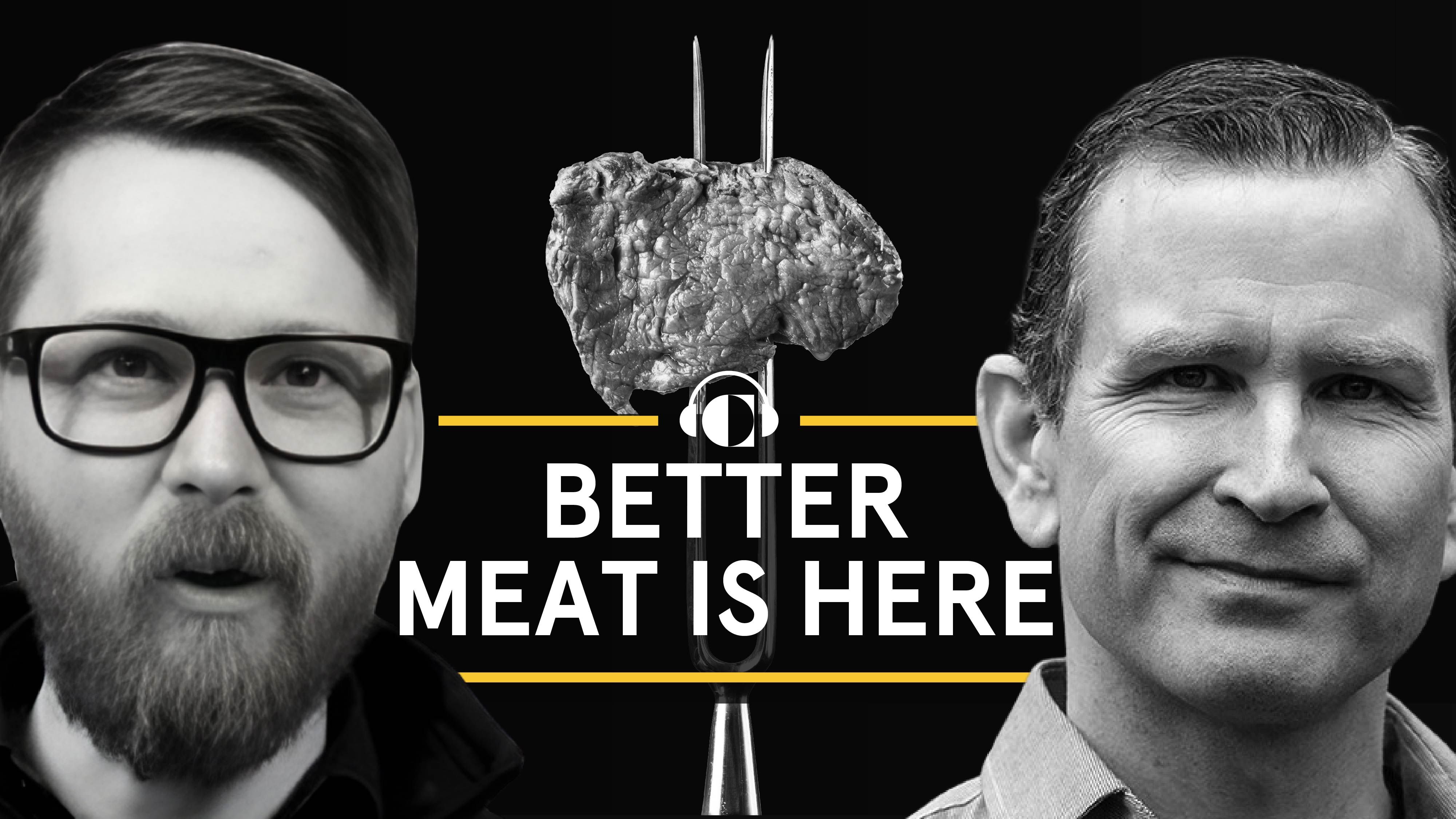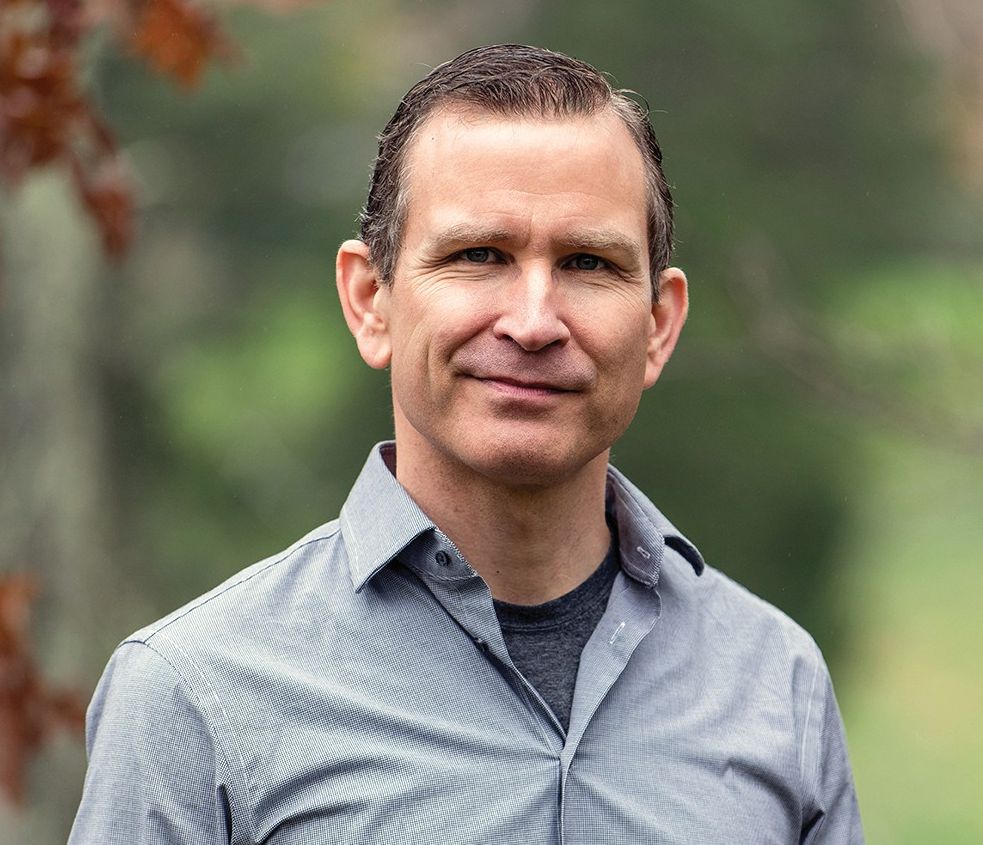Sarah Chayes, who lived in and studied the world’s most corrupt nations, warns that the U.S. is walking the same path. In this episode of The World Unpacked, Sarah tells host Jon Bateman why systemic corruption looks nothing like how we picture it, how anti-corruption advocates are co-opted as enablers, and what to say if someone asks you for a bribe.
Jon Bateman, Sarah Chayes
